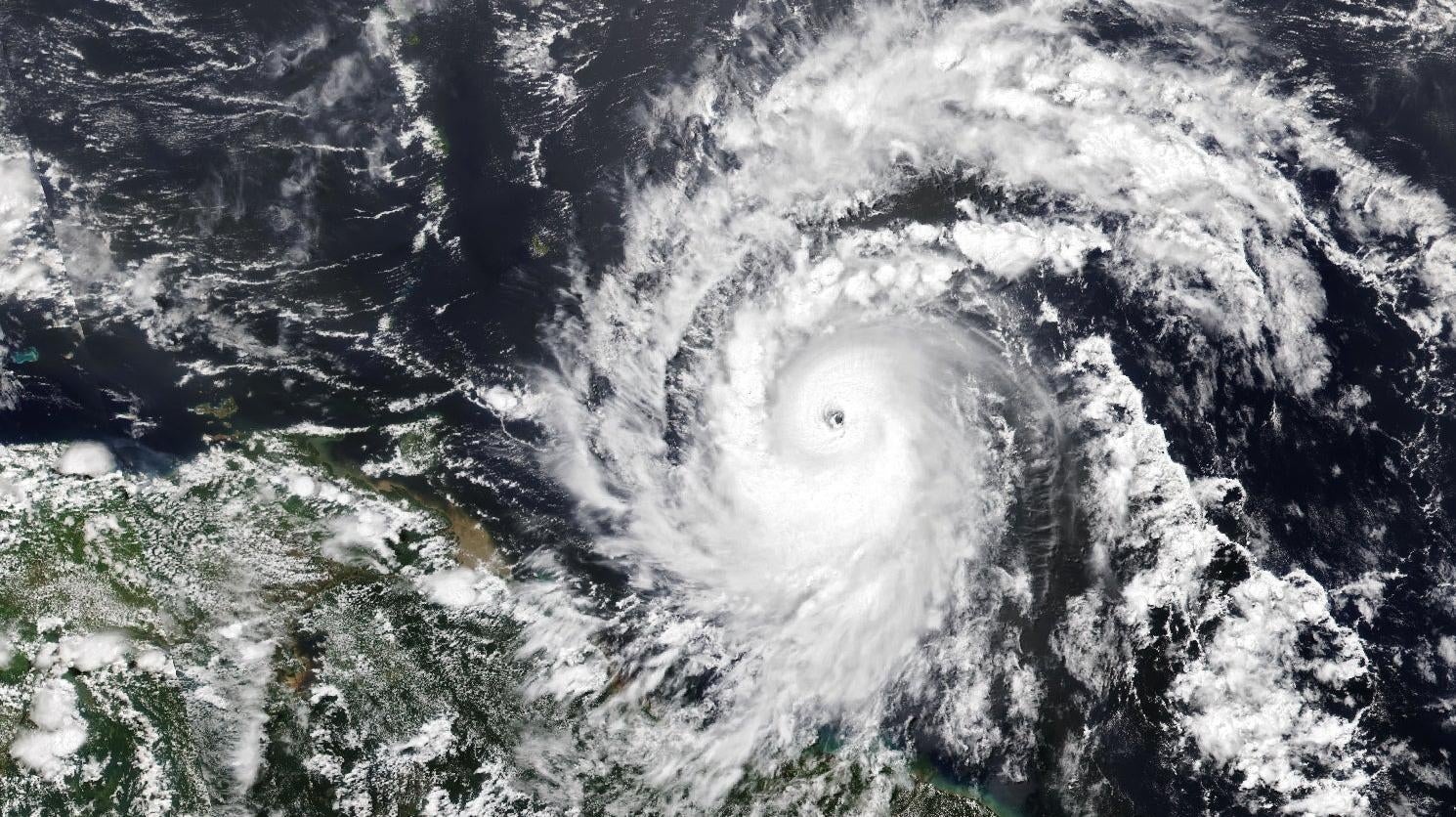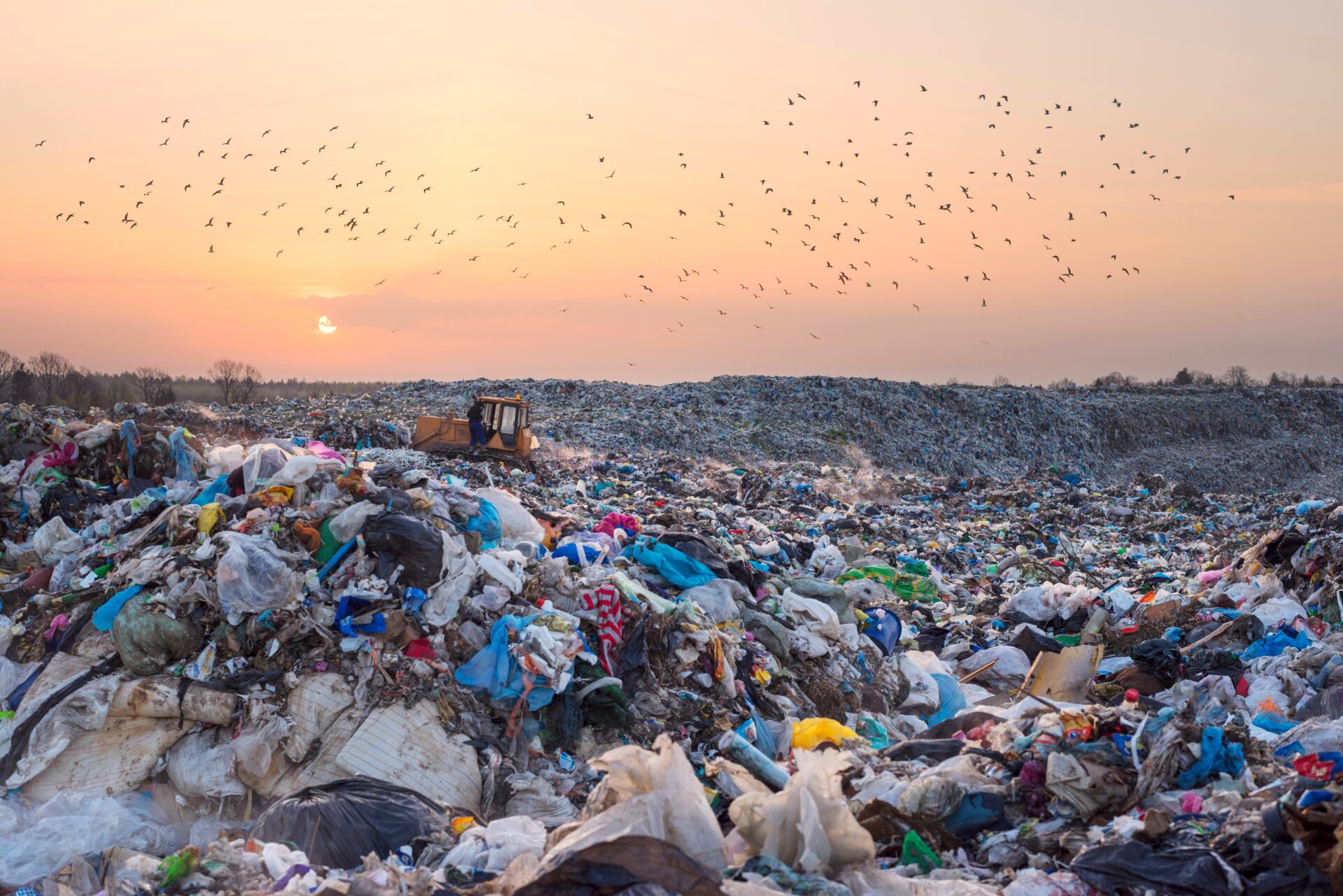One of the world’s most dangerous infectious diseases is encroaching further into the U.S. This week, health officials in Arkansas reported a locally acquired case of malaria, the first ever documented in the state. At least three other states have reported local cases of the mosquito-borne infection this year, though the overall risk of malaria to the public remains low, according to the Centers for Disease Control and Prevention.
Malaria is caused by several species of the Plasmodium parasite, with most cases caused either by Plasmodium vivax or Plasmodium falciparum. Its harm can range from mild flu-like illness to severe anemia and life-threatening organ damage. The parasite is usually spread by female Anopheles mosquitoes, though it has rarely been transmitted through medical procedures and from mother to child in the womb or during delivery.
Much has been done to curtail the threat of malaria over the past few decades, but it remains one of the world’s biggest killers, with about 619,000 deaths estimated worldwide in 2021. The disease was locally eliminated in the U.S. around the 1950s, and cases nowadays usually originate elsewhere but are diagnosed here. More recently, however, malaria seems to have started circulating locally in some parts of the country.
In late August, the CDC reported that nine locally acquired cases have been documented in Florida, Texas, and Maryland this year—the most seen since 2003, when eight such cases were recorded in Florida. On Wednesday, the Arkansas Department of Health reported its own case of locally acquired malaria, raising the tally to 10 across the U.S. The state has seen five other cases of malaria this year, but the rest have all been linked to travel.
“This is the only known locally acquired case of malaria in Arkansas,” the state health department said in its announcement.
Malaria is not contagious between people. And the CDC noted in its August report that the “risk of locally acquired malaria is very low in the United States.” The malaria parasite found in these cases, P. vivax, also tends to cause less severe illness than its sibling. But there is a remote possibility that the disease could reestablish itself in areas of the southern U.S. where it was once endemic, if we’re not careful. Interestingly enough, it’s not certain that climate change will cause a net increase in malaria cases worldwide, though there is a stronger case that it will strengthen other mosquito-borne diseases like dengue.
On a positive note, scientists have recently developed important tools to combat malaria. Just this week, the World Health Organization gave its blessing to a new childhood malaria vaccine, the second to reach the public since 2021. Other programs using novel techniques like genetically engineered mosquitoes might also become commonplace in the near future.














